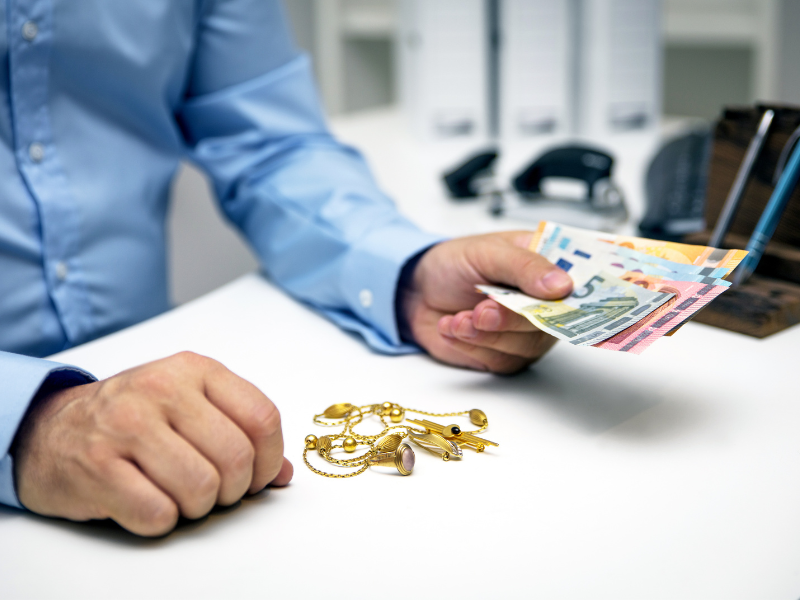BlogWednesday, October 19 2022
Have you ever found yourself needing extra cash for bills or an emergency? Do you have items that you don't use anymore but are too valuable for a yard sale or to throw away? You may have considered a pawn shop but think about how they're often depicted on television and in movies. Maybe you don't trust your local pawn shop. It's an excellent time to look at how pawn shops are regulated in Pennsylvania to give you peace of mind. A Historical Institution To understand how pawn shops are regulated, we should touch on the history of pawn shops. They have been around since ancient times and operated as an essential part of their economies. From ancient China and the middle east to medieval Europe, pawn shops helped to fund businesses, expeditions, and people. The nature of how pawn shops operated brought suspicion over time, and many suspected them of purchasing stolen goods, a belief that endures to this day. Starting in the 18th century, governments in Europe and the Americas began applying more stringent regulations to pawn shops that helped shape rules today. How Are Pawn Shops Regulated in Pennsylvania Pennsylvania pawn shops are regulated by 12 federal laws and Pennsylvania's Department of Banking and Securities Bureau of Licensing, Compliance, and Investigation. To be a pawnbroker, a pawn shop must have a Pennsylvania Pawnbroker's License.
License Pre-Requisites To apply for a pawnbroker's license, a pawn shop has to meet numerous requirements. These requirements are,
Starting any business takes time and capital. Pawn shops have additional requirements brought on by history and their responsibility to their communities. Pawn shops help people in the district meet their financial needs through loans and purchasing goods. Do You Need Extra Cash in Pennsylvania? If you need extra cash? Let us dispel other myths – such as the myth that pawn shops sell cheap items – by showing you our beautiful gold jewelry, designer purses, and quality electronics. Stop by or contact us today. We're here, serving Philadelphia and surrounding areas. |
|
Cash Express • Philadelphia Pawn Shop
731 Chestnut St. Philadelphia, PA 19106 - (215) 922-1560


